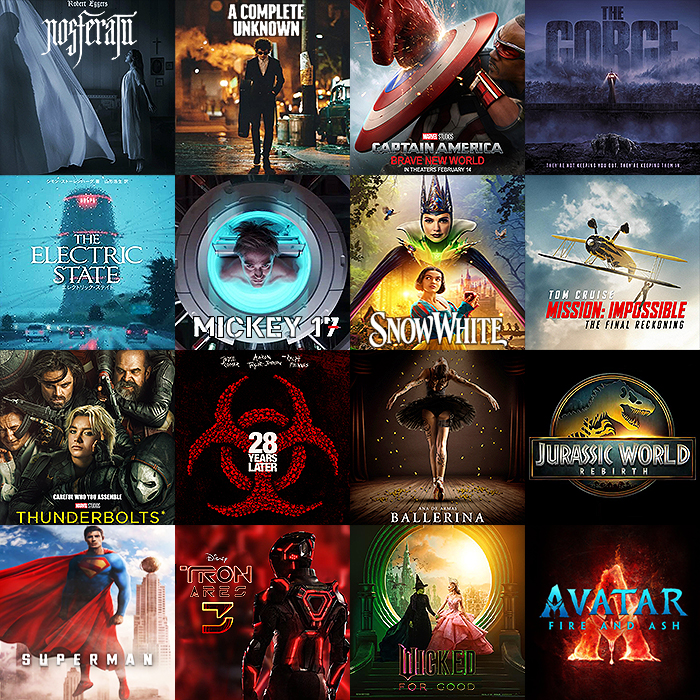Do we really need Groupon?

Alongside many Brits, I have been encouraged to sign up to Groupon so as I don’t miss out on some amazing deal or stupidly pay over the odds for an essential product or service. I am already signed up to more specific discount sites / services like BrandAlley (mostly Fashion / Accessories / Homeware), Toptable (Restaurants) and Lastminute (Hotels / Travel / Excursions / Entertainment).
I am signed up on Groupon for ’London’ - but London is an enormous place, and all the offers so far have been in an entirely different, distant postcode. So what’s on offer - well, so far it’s 95% Spa / Beauty / Wellness deals with a smattering of restaurant offers.
Retailers are encouraged to offer at least a minimum of a 50% discount off the RRP. Usually there is a minimum threshold for how many customers need to be signed-up for an offer - for the offer to become active, if there is insufficient demand, the retailer / service provider does not loose out, as the offer is cancelled, and no one is charged. According to Wikipedia, the revenues gathered by Groupon are split 50/50 with the retailer / service provider.
I of course have several questions, obviously the offers will get more localized and targeted as the number of service providers / retailers which utilise the service grows, but is there room for such a generalised service? Google seems to think so, as it tried and failed to buy Groupon for a slightly inflated sum (£4bn), and is now looking to set up its own version - ’Google Offers’ to join the already heavily saturated Group Buying / Group Discount Marketplace which already includes Crowdity, Groupola, Incahoot and KGBDeals.
I can see how it is attractive to orgasations like Google and certain service providers - if Groupon has a margin of 100% - that’s a very healthy margin, and for certain businesses, this can make for a fairly fail-safe as well as cost-effect marketing campaign. However, in some ways it’s not so different to Apple’s 30% subscription cut. Groupon etc. are middle men and they are adding further costs to the transaction for the consumer. If the offer can stand a 50% or more discount then it was originally being sold at an inflated price - so the consumer is not really winning out - it’s just another cog in the machine.
At Comrz, we have always maintained that two of the most important things in online marketing are proper targeting and 100% ownership of the customer relationship. What is the business cost of running all your promotions through a third party? Also, I reiterate my point about generalism vs specialisation - Groupon is a universal discounting engine - where there are already numerous more targeted services in operation for most of its activities.
A number of commentators are claiming this to be the essence of ’Social Commerce’, as not only do users of the service gain discount incentives in buying the offers, they also get credits / rewards for recommending offers to their colleagues and friends. This brings about the whole question of the integrity of pay-to-play customer recommendations. How much credibility and integrity is there in a product or service recommendation, when the one doing the recommending is getting paid for their activities - this is just one step away from a glorified pyramid scheme. Of course I see several advantages and benefits for a number of the parties involved, however I do worry about artificial inflation, and who are the guardians that regulate and maintain the veracity and degree of discount?
After considering all the arguments, I am increasingly convinced that I really don’t need Groupon in my life - we’ll see how it goes ...

Did you find this content useful?
Thank you for your input
Thank you for your feedback
Upcoming and Former Events
Affino Innovation Briefing 2024
Webinar - Introduction to Affino's Expert AI Solutions - Session #2
Webinar - Introduction to Affino's Expert AI Solutions - Session #1
PPA Independent Publisher Conference and Awards 2023
Meetings:
Google Meet and Zoom
Venue:
Soho House, Soho Works +
Registered Office:
55 Bathurst Mews
London, UK
W2 2SB
© Affino 2024

















